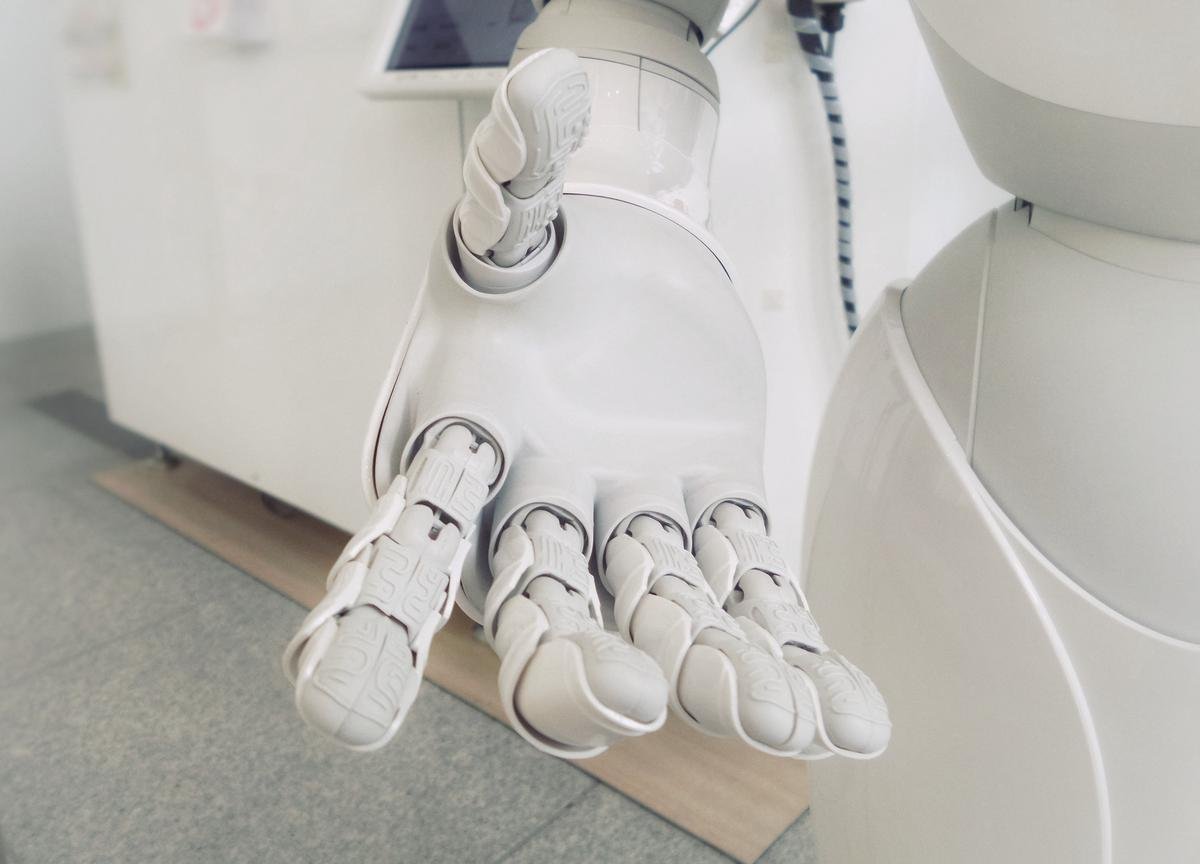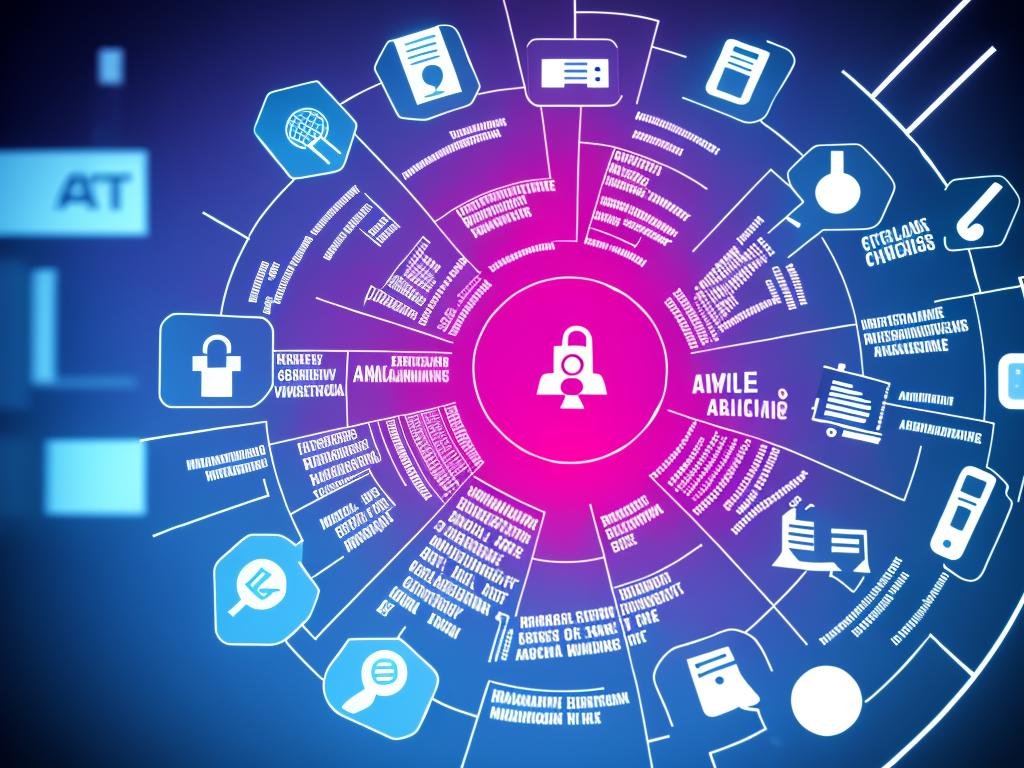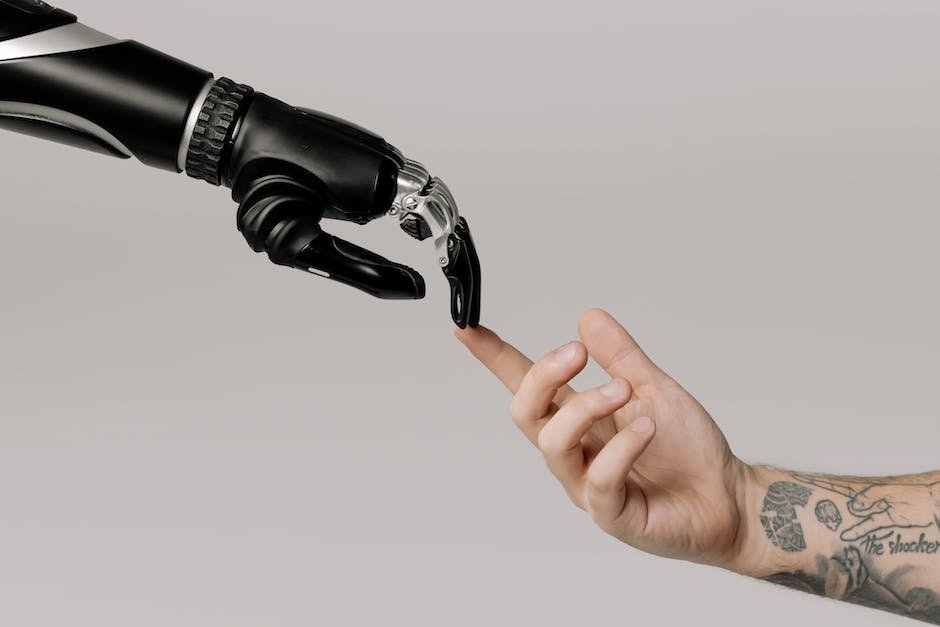In a world where leaps and bounds are being made in technological advancement almost every day, Artificial Intelligence (AI) stands as an area of technology that can no longer be ignored. As AI seamlessly weaves itself into the fabric of our lives, its impact, both positive and negative, becomes increasingly significant. This exploration into the domain of AI will not only elucidate its significance and prevalence globally, but also offers a discussion on the necessity and relevance of AI Ethics to ensure its responsible utilization. The ethical dilemmas brought about by AI, along with the proposed solutions for maintaining an ethical approach to AI, are integral to achieving a balance where AI continues its progress without compromising key societal values.
Understanding AI and its Impact on Society
Understanding AI: A Technological Revolution
Artificial Intelligence, often known as AI, refers to the simulation of human intelligence processes by machines, particularly computer systems. These processes include learning, reasoning, problem-solving, perception, and even linguistic abilities. AI technology delivers sophisticated automation, collaborative robotics, self-learning systems, and process augmentation to a broad spectrum of industries.
In today’s world, AI permeates numerous aspects of life. It influences sectors like healthcare, where it can predict disease patterns; transportation, through self-driving cars; education, via personalized learning; and retail, through predictive purchasing. Furthermore, it plays a substantial part in our daily lives through applications like voice assistants (Siri, Alexa), personalized content recommendations (Netflix, Spotify), and chatbot services.
The Prevalence and Impact of AI in Today’s World
AI integration’s pervasiveness is ever-increasing, with new applications emerging constantly. AI technologies are significantly impacting the way people live, work, and socialize, promising substantial social benefits.
In the healthcare sector, AI algorithms can now predict disease outbreaks, enable faster diagnostics, and customize patient treatment plans. In the transportation industry, autonomous vehicles promise a future with fewer accidents, smoother traffic, and less environmental impact. Moreover, AI’s advent in the education sector has enabled individualized learning, making education accessible to segments of society traditionally left behind.
Job multiplication is another potential impact of AI. While technology, notably automation, could displace some jobs, it might as well create new ones. Historical data indicates technological revolutions vetting to generate net job growth over the long run.
Potential Perils of AI Integration in Society
As we welcome AI’s countless benefits, it’s essential to recognize some potential pitfalls and address them effectively. AI ethics emerge as a crucial aspect to consider in this regard.
One significant concern relates to job displacement. While history suggests net job growth after technological shocks, transitions can bring hardships, particularly for those whose skills are made redundant.
Privacy and security are other areas of concern. AI technologies rely heavily on data collection to learn and improve. This reliance raises questions about how much access these technologies should have and who controls the data.
AI decision-making, often seen as opaque or a ‘black box,’ is another critical concern. The inability to understand how AI algorithms make critical decisions could lead to unfair outcomes or biases, leading to a call for more transparency and accountability.
Lastly, there’s a potential risk of AI being used maliciously. Autonomously functioning AI systems, if not properly regulated, could be used for harmful purposes, including cyberattacks, deepfakes, autonomous weapons, and more.
Understanding AI Ethics: Striving for a Balance between Technological Advancements and Society
AI Ethics encompasses the establishment of firm ethical guidelines pertinent to AI, addressing concerns linked to its development and implementation. It pivots on principles such as Transparency, which advocates for an open AI decision-making process; Fairness, aimed at preventing any form of algorithmic bias that may foster discrimination; Privacy, safeguarding user data; and Accountability, to endorse substantial responsibility for the entities driving AI deployment and their potential outcomes.
In a bid to balance the vast potentials and the conceivable pitfalls of AI technology, it’s crucial to promote a comprehensive understanding and stimulate an open discourse about AI and its ethics. The future of AI is not merely about progressing technologically, but also about directing those advancements towards a path that resonates with societal norms and values. Anticipating potential challenges and formulating proactive strategies will solidify AI as a tool for progress, bolstering equality alongside ethical innovation.

Photo by possessedphotography on Unsplash
Introduction to AI Ethics
Delving Deeper: AI Ethics as the Moral Compass for Artificial Intelligence
Artificial Intelligence (AI) is a potent technology that is poised to transform multiple facets of our existence. However, the inherent risks and ethical conundrums that accompany its usage cannot be ignored. AI Ethics, a field gaining significant traction, is centred around moulding the ethical principles and guidelines that govern the creation, application, and regulation of AI. The essence and importance of AI Ethics lie in assuring that these technological strides are taken responsibly and equitably, thus safeguarding society at large.
Fairness in AI Ethics: Equal for all
One of the key principles in AI Ethics is fairness. The choice of data or parameters in AI models can possibly reinforce existing biases and stereotypes. This could lead to discrimination in AI outcomes. For instance, an AI hiring system, if trained on biased data, might favor one group of candidates over another. As such, AI development must prioritize fairness, ensuring algorithms make unbiased decisions and yield equal opportunities and benefits for all, irrespective of race, gender, or socioeconomic status.
Accountability: Who’s to blame when AI goes wrong?
Another crucial aspect lies in accountability. In nuanced situations where AI decision-making process leads to harmful effects, identifying who’s liable becomes complicated. AI developers, operators, or even the AI entity itself: who should be held responsible? AI Ethics advocates for a clear attribution of responsibility and seeks to set up mechanisms that will hold the accountable party responsible for any damage. This implicitly motivates them to consider the impact of their inventions and avoid potential harm.
Transparency: Understanding how AI works
Transparency in AI is a concept that goes hand in hand with accountability. It refers to the understanding and insight into how an AI system makes its decisions. Many AI models, such as deep learning networks, are often criticized as being “black boxes,” where their decision-making process is invisible to human observers. AI Ethics promotes transparency by encouraging the development of “explainable AI.” This will enable users to understand and trust the AI’s output, while regulators can ensure that the AI abides by legal and ethical stipulations.
Privacy in AI: How much should AI know?
Privacy is another significant concern in AI ethics. AI systems often depend on massive quantities of data, some of which may be highly personal and sensitive. If not correctly managed, they risk violating user privacy. This dilemma is heightened when using AI in critical contexts, such as healthcare or banking, where extremely sensitive data are being processed. Thus, AI Ethics entails guiding approaches that balance the need for data with respect for individual privacy.
Conclusion: The pressing urgency for AI Ethics
In today’s world, where AI is progressively penetrating every aspect of our lives, the call for AI Ethics has become paramount. Ethical guidelines and moral directives are essential to safeguard individuals and the broader society from possible harm that may arise from AI misuse. By focusing on crucial areas such as fairness, accountability, transparency, and privacy, AI Ethics aims for a future where AI is not just technologically progressive but also ethical and universally beneficial.

Controversies and Debates Surrounding AI Ethics
Overview: The ongoing debates and controversies surrounding AI Ethics
Artificial Intelligence (AI), a breakthrough technology, has remarkably reshaped various sectors. Nonetheless, this significant transformation and widespread application of AI technologies have ignited serious ethical debates. The concerns revolve around issues of fairness, accountability, transparency, and privacy associated with its use.
Algorithmic Bias: A serious ethical dilemma
AI systems are trained to learn using massive datasets. If these datasets have inherent biases, the resulting AI models can also exhibit such biases, hence the term ‘algorithmic bias.’ This issue has major implications such as discrimination in hiring practices, loan approvals, and law enforcement among others.
A high-profile example of algorithmic bias was noted with the use of COMPAS, an AI tool used to predict criminal reoffending in the United States. When ProPublica investigated the algorithm, they found that it was twice as likely to label black defendants as high risk compared to their white counterparts.
Privacy Concerns: The misuse of data
AI systems are developed to extract and analyze data to derive insights. This leads to controversies around data misuse and the erosion of privacy. AI can track an individual’s daily activities, personal preferences, and create detailed profiles that can be exploited for unscrupulous activities.
The Facebook-Cambridge Analytica scandal is one notorious example where personal data of millions of Facebook users were unfairly used for political advertising.
Job Displacement: The AI takeover?
The rise of AI in various sectors drives fear of substantial job displacement, especially for roles that are repetitive and don’t require high levels of personal interaction or critical thinking. Many worry that increased usage of AI, though ups productivity, will directly affect livelihoods of workers.
For instance, autonomous vehicles and drones could disrupt transportation and delivery jobs while chatbots could replace jobs in customer service.
Stakeholder Viewpoints on AI Ethics
Different stakeholders such as governments, businesses, and individuals have varied viewpoints on AI ethics. Governments are increasingly drafting legislation to protect citizen privacy and data, yet national interests and surveillance issues complicate matters. Businesses, on the other hand, view AI as a tool to enhance efficiency and competitiveness but recognize the need for ethical considerations.
AI ethicists and advocates argue that an ethical AI framework must be human-centric, prioritizing human dignity, freedom, and rights. They also advocate for transparency in AI decision-making processes and that AI systems must be designed to avoid harming humans.
Understanding the Complexities of AI Ethics
Artificial Intelligence (AI) brings with it a promising future, with the potential to revolutionize various aspects of our society. However, this technology also brings about substantial ethical challenges which, if not addressed properly, could lead to misuse or harmful consequences. It is, therefore, crucial to ensure ethics are integrated into AI’s design, development, and use so that we reap its benefits while effectively reducing any inherent risks.

Solutions and Future Directions in AI Ethics
The Role of Regulatory Controls in AI Ethics
Regulations associated with AI ethics encompass a broad spectrum, from data privacy laws that protect consumers, to guidelines implemented by governments and other organizations to promote AI’s responsible usage. Notably in the U.S, the California Consumer Privacy Act (CCPA) stands as one of the key data protection regulations. Meanwhile, Europe enforces similar regulatory measures through its General Data Protection Regulation (GDPR), both designed to maintain high standards for the acquisition and utilization of personal data by businesses.
Beyond the borders, a surge in guidelines promoting transparency, fairness, and privacy in AI systems can be noticed. For instance, the European Commission’s High-Level Expert Group on AI gave its stamp of approval to the Ethics Guidelines for Trustworthy AI in 2019. In similar steps, the Organisation for Economic Co-operation and Development (OECD) has formulated various AI-based principles to foster responsible conduct in this sector.
The Role of Governmental and Non-Governmental Organizations
Governmental and non-governmental organizations play a crucial role in curating a responsible AI environment. They have the potential to establish effective policies, promote partnership and collaboration, facilitate knowledge transfer, and monitor AI’s ethical implementation.
Government bodies like the National Institute of Standards and Technology (NIST) in the U.S. are working to develop standard definitions and practices around explainable AI. Similarly, the European Union has designated agencies to ensure AI ethics compliance within its jurisdictions.
On the other hand, non-governmental entities such as IEEE and OpenAI have come forward to spread awareness around AI ethics and to develop and influence AI related policies. These organizations are involved in the pivotal task of setting AI standards and ethics that engineers around the world can adopt when designing AI technologies.
Educating AI Professionals about Ethical Implications
Education around the ethical implications of AI has also begun taking center stage in AI curriculum for professionals and students. Universities worldwide have started offering courses and programs to educate learners about the responsible use of AI, data privacy, algorithmic bias, and the potential socio-economic impact of AI. They are also encouraged and trained to consider ethical implications at every step of the AI development process.
Moreover, many tech companies like Google and Microsoft have introduced internal educational programs to train their AI researchers and engineers about the ethical considerations of AI. By creating an environment that places high importance on ethics, these companies strive to ensure that their AI applications do not reinforce harmful biases or infringe upon people’s privacy.
Future Prospects and Challenges
Looking at the future, it is predicted that AI ethics will evolve to be an integral part of AI development and deployment. As AI continues to infiltrate various aspects of life, the need for ethical guidelines and regulations will intensify. The challenge lies in finding a balance between leveraging the benefits of AI, such as efficiency and precision, without sacrificing ethical considerations such as fairness, transparency, and respect for human rights.
However, the international and interdisciplinary nature of AI raises complexities in standardizing and enforcing AI ethics. Different regions may have differing perspectives on what qualifies as ‘ethical’. Additionally, keeping up with the rapidly advancing AI technology to continuously update ethical guidelines and regulations poses another significant challenge.
Despite these challenges, the direction towards incorporating ethics into AI is clear. With collaborative efforts from governments, non-profit organizations, private sector companies, and educational institutions, the field of AI ethics is set to expand further, ensuring we maximally benefit from AI while minimizing its potential harm.

As AI continues to shape our world, ethical discussions will remain at the forefront of its progress. Any solutions should ensure fairness, accountability, transparency, and privacy, along with ensuring it doesn’t adversely affect job security or misuse data. Balancing these ethical considerations with the relentless drive for progress is a significant challenge that society will need to face. Notwithstanding, the increasing awareness and discussion happening around AI ethics suggests that society is heading in the right direction. Ultimately, the goal must be a world where the reach of AI extends into every single aspect of our lives, but it does so ethically, responsibly, and with complete respect for human dignity and rights.




